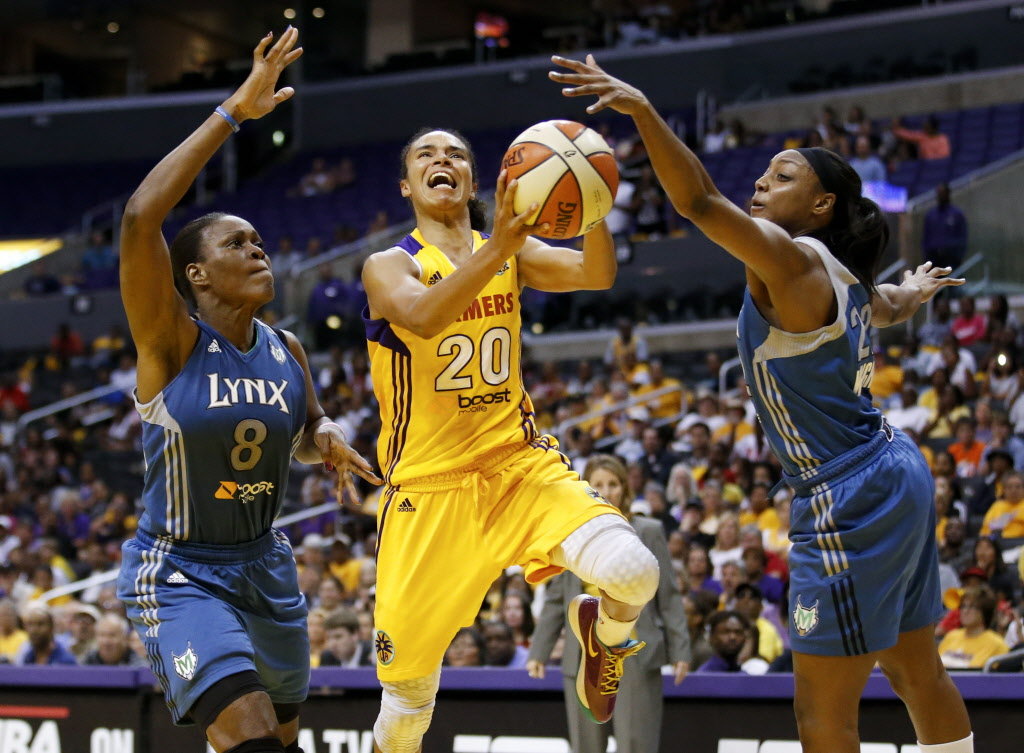Man Game Lost is a website that updates injuries in the NFL on a weekly basis. We use the Adjusted Games Lost (“AGL”) data from Football Outsiders, but that information is updated annually. We pieced together the data from individual posts from Football Outsiders (2009-2014) plus the updated data from Man Games Lost (“MGL”) to assemble a 7 year look at how all 32 teams rank in games lost to injury. After making an adjustment to normalize the 2015 MGLs to 2009-2014 AGLs, the result below is a preliminary look at how 2015 injuries compare with averages over the last 7 years.
[table id=17 /]
The most important thing to understand about NFL injuries is that any single year is going to be filled with noise. One starter that is lost at the beginning of the season for 16 games is going to weigh negatively on that team. This is why we ordered the table using the past 7 years of average games lost to injury. 7 years eliminates the noise from any single year, good OR bad. If injuries are “all luck” (they aren’t), then we should see all 32 teams bunched up together after 7 years very tightly. What we see instead is that while the standard deviation (measure of statistical variance) is roughly half for a 7 year period vs that of a single year, we still see two anomolies. Their names are the Colts and Giants. 30 teams are within 1.5 standard deviations of the average. 2 teams are a full 2.5 standard deviations from the average. And consider that both the Colts and the Giants have the distinction as the only 2 teams that have been in the lower half of the averages for injuries every single year. There has been enough randomness and “luck” to allow the other 30 teams to have at least 1 year where they were in the top half of the league. In fact, 29 teams out of 32 have had 2 or more years in the top half of the league in the last 7 years.
Does any one year offer any correlation to the 7 year average? In 2015, there is a +45% correlation between this year’s rank and the year rank. While not super high (100% is a perfect correlation, 0% is no correlation, -100% is a negative correlation), it does indicate that more than a few teams who generally see good injury performance CONTINUE TO SEE good injury performance. Likewise, there are more than a few teams who see poor injury performance and CONTINUE TO SEE poor injury performance.
One example of a team that seems to be managing the injury issue well is the Denver Broncos. This NY Giants blog has cited the efforts of Luke Richesson to use more flexibility conditioning and less strength training to generate better performance. It is working. After pointing out Richesson’s track record of modest success, he has gone on to generate the #1 ranking for fewest starts lost to injury in 2014, and is currently in 3rd place in 2015’s rankings, a testament to the approach. Indeed, our interviews with fitness professionals and Doctors specializing in sports medicine come to the unified conclusion that muscle flexibility (also known as “range of motion”) training is a must to reduce and eliminate certain injuries. Not all injuries can obviously be eliminated. If a lineman rolls up on your ankle, you are going to be in the wrong place at the wrong time, adding games lost to your team’s tally. But EVERY team has to deal with the same issues. Luck should even out in the long run, especially when considering 22 starters multiplied times 16 games times 7 years for 32 teams… this data set represents over 76,000 starts.
Sports science continues to move forward. There are even studies being done right now that show that ACL tear occurences can be reduced by measuring the risk of the ligament and then working to strengthen it before it can get torn. Once again, we are not implying that all ACL tears can be prevented. But new research does imply that new training techniques can REDUCE the chances of a player from tearing his ACL, all else equal. State of the art training regimens will not prevent injury from July 4th fireworks experiments (JPP’s games lost to injury were not counted by mangameslost.com), but the evidence does point to some teams that have best practices and others who do not.
Add The Sports Daily to your Google News Feed!
